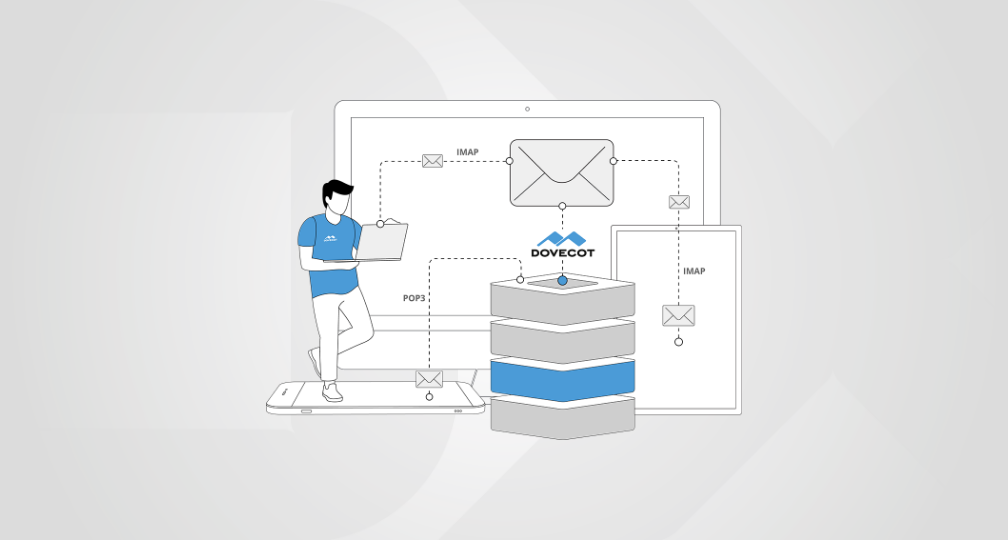Periodically people claim the death knell for email, citing new and emerging communication channels as the rightful successor. This pattern has only increased recently with the rise of social media, and in particular services like Twitter. But the fact of the matter remains that the majority of people still spend half their working day dealing with email. And the number of companies, conferences and ways email is evolving to become stronger than ever before—exploading companies like Dropbox (who bought Mailbox), Slice, PowerInbox and the InboxLove conference are expanding to define new services and ways email=business.
Ultimately, given the proliferation of new (and free) ways to engage and interact, people would jump ship if one platform really was evidently superior to another. It’s hard to imagine a time before mobile phones; or more pertinently, before internet connected phones. If email is on the ropes, and a year zero moment for something else is emerging, then why hasn’t it happened yet?
The fact of the matter is that email is not dying nor dead. It is simply evolving and in doing so, becoming the backbone of a wider suite of communication services we use in our day-to-day lives. An average worker is sent 11,680 emails a year with the majority of us claiming to be satisfied with email; however it’s apparent that it must continue to evolve to remain useful.
Recent research by the Harvard Business Review asked people what they use email for. Over three quarters (76%) of respondents said to exchange documents, 61% to improve communication across time zones and 60% for accountability. This notion of accountability is crucial to understanding the changing role email plays in our working lives. Clearly email has gone beyond the linear – it is no longer about the back and forth of text based messages. The focus for users is now on collaboration and sharing content, transferring information and making connections in productive ways. More so than telephone or web-based conference services, email is a foundation for international communication and collaborative working.
In companies around the world, email is the preferred method for universal identification (when signing up to a new service or site), calendaring and scheduling your agenda as well as 1:1 confidential exchanges such as HR, legal or financial matters.50% of people also use email as a file storage system. With real-time collaboration, workers are now seeing email as a live version control so they can track changes and conversations as they occur. As a consequence of this archiving, a third of users find searching their inboxes time consuming, especially when organizations place a cap on inbox sizes and storage capacity. The increasing use of hosted links helps accelerate and clean up processes and will perhaps mean an end to attachments as more and more users store their documents once and share links as opposed to habitually attaching large documents to email chains. Services such as Dropbox serve to highlight the collaborative way we now share documents and how ready we all are to store our work in a cloud space.
Social media is maturing and working its way into professional lives but this does not mean email is dying off; rather it is becoming the spine of our day to day communications on which other methods hang. For example, OX App Suite can incorporate social feeds into your web desktop, alongside email, helping you to keep on top of many streams of conversation in one place. This idea of staying in the flow and keeping conversations concurrent is how we now operate: we collaborate, we share, we engage and email remains the foundation for this. This solid study from Harvard Business Review on this exact topic is worth a read.





